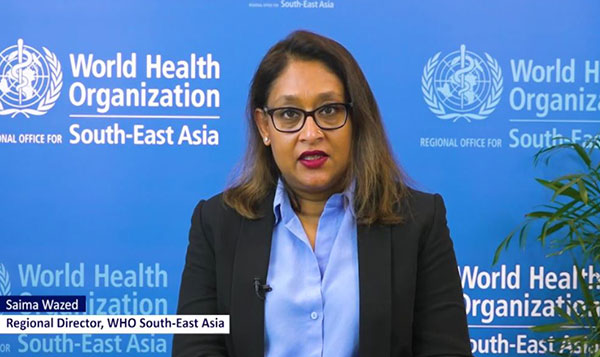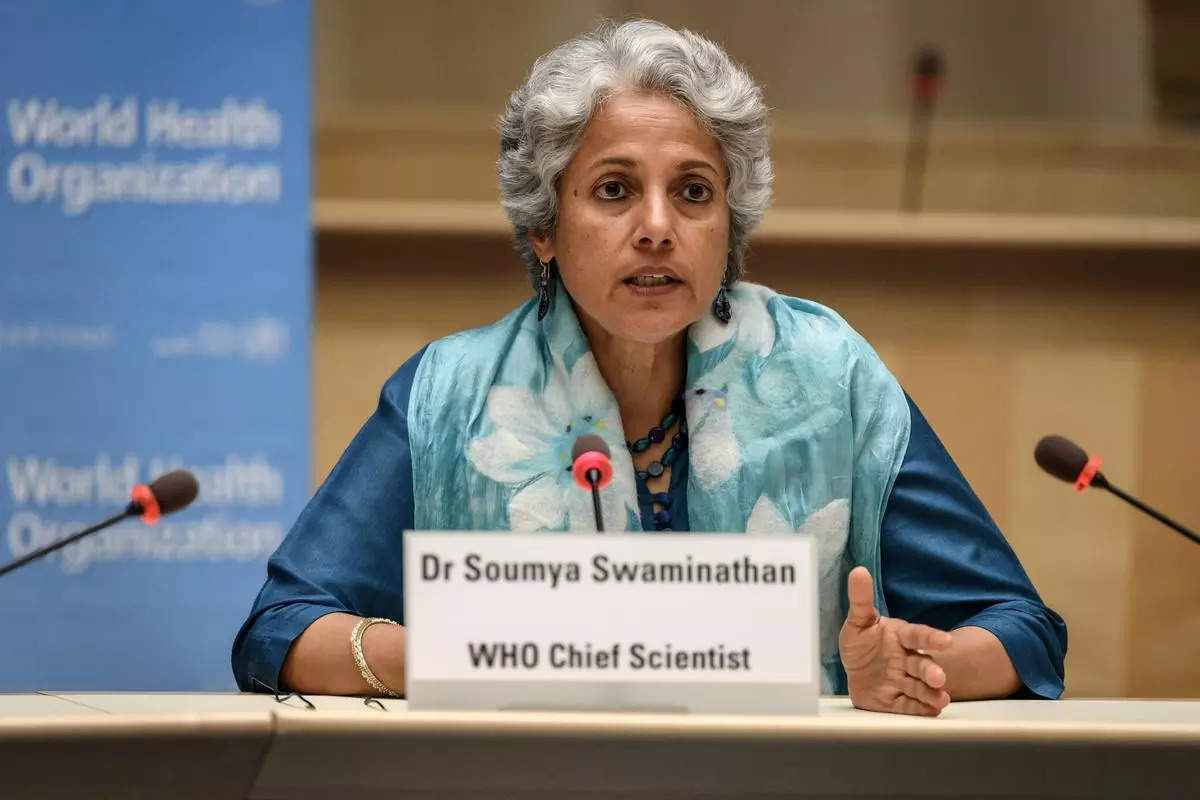Doctors also confirmed a rise in respiratory tract issues among children due to the abrupt weather change. “In Pune, humidity increase is often sudden, unlike coastal areas. These sudden changes can affect the human immune system, triggering allergic reactions,” he added, noting a 30% surge in such cases at his clinic over the last few days.
He further explained that while most respiratory viruses do not survive in peak summer, the combination of humidity, rainy, and cooler weather conditions can aid in virus replication. “In fact, studies have shown that viruses can piggyback on water droplets in humid air prior to infecting the host,” he said.
The concern over climate change’s impact on health was echoed by the infection control officer at the Department of Microbiology. “Climate change isn’t just about rising temperatures; it’s about increased volatility. The concern lies in unpredictable swings in temperature, precipitation, and humidity. These rapid changes can disrupt the delicate balance in ecosystems, impacting life cycles and behaviour of organisms that transmit diseases,” he emphasized.
The recent gusty wind spells have exacerbated the situation by bringing in a lot of dust, especially troublesome for those on the streets or living on higher floors with windows open.
As viral infections like the common cold, flu, and throat ailments rise alongside respiratory issues, it becomes crucial for individuals, especially children, to take precautions and seek medical attention when needed amidst the changing weather patterns.









